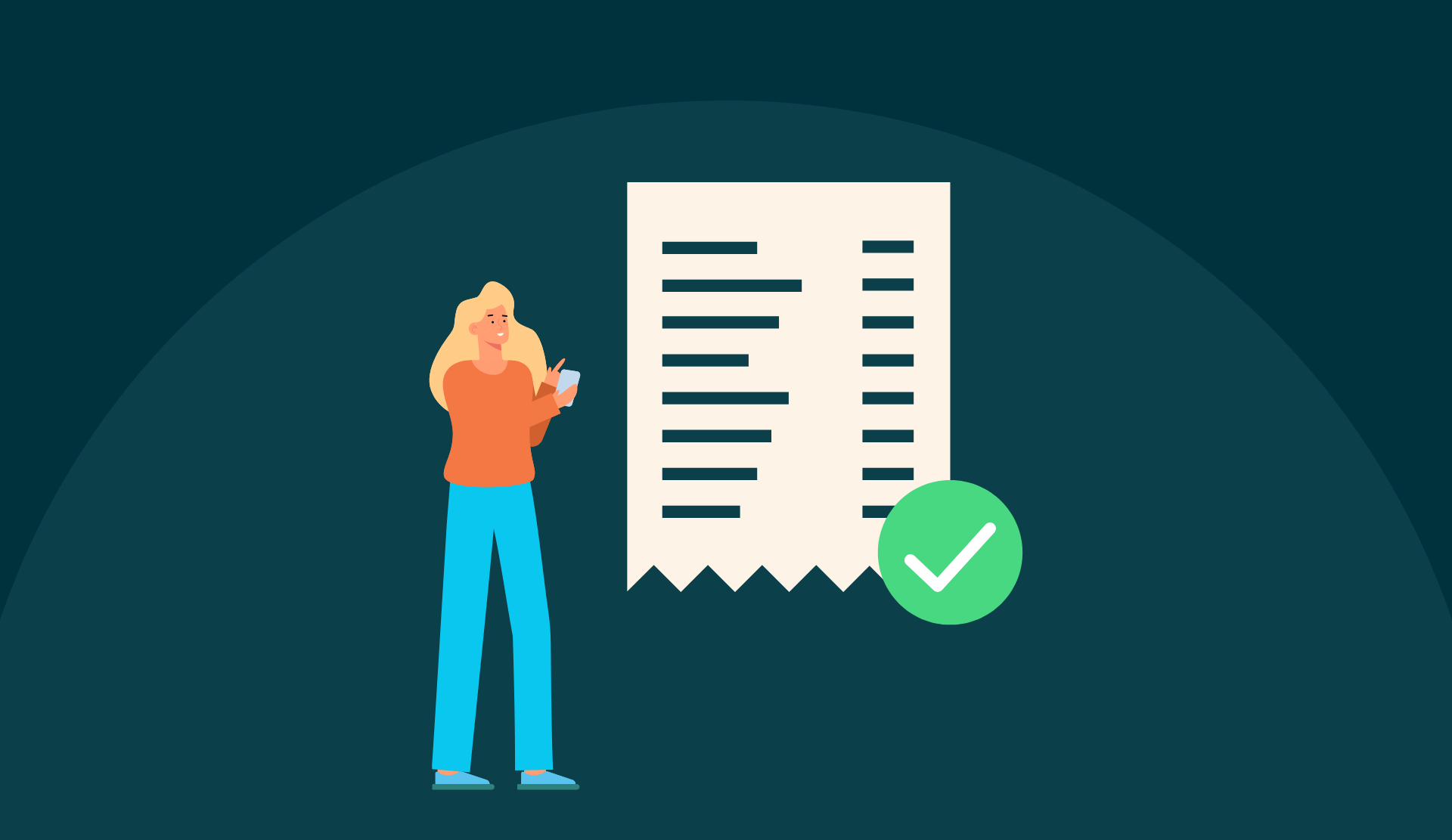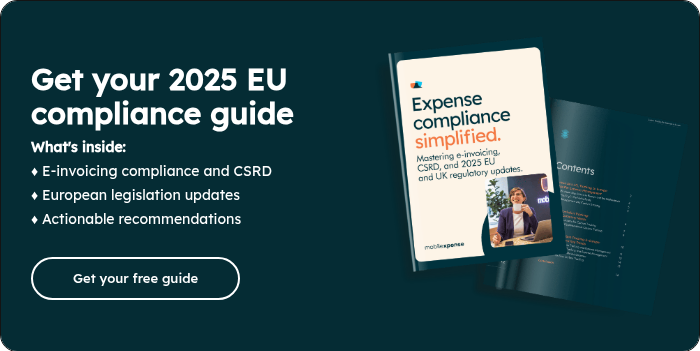Updated January 2023
When looking at stereotypes about Germany, rules and efficiency are often at the top of the list.
However, rules and efficiency can prove paradoxical, as with allowances, or per diems. The rules regarding per diems are so complex in Germany as to sometimes become difficult to follow.
Which is why, today, we offer you an insight into per diem expense report compliance in Germany and the deductions operated on them.
What is a per diem or daily allowance?
A per diem or daily allowance is the amount of money an individual may receive from the organisation they work for to cover their daily living expenses while traveling for work.
When working with allowances, employees are often not required to submit a detailed expense report. Compensating employees this way for business expenses is also easier for the organisation’s controller. There are no reports or supporting documents to check when using a per diem, facilitating control.
In Germany’s case (and in many other countries), per diems are non-taxable as they are intended to cover the employees real expenses and not serve as additional income, as stated by the Federal Ministry of Finance. Which is why the country has regulated the maximum tax-free amount of a per diem. The regulations also take into account parameters such as the travel duration and destination, meals consumed, and more.
What is a meal deduction?
Based on the given parameters, a per diem may vary. The rates differ between countries, and even cities. In the case of a per diem for food, according to German tax regulations, employee will only receive the full allowance if they have paid for all their daily meals themselves. If not, deductions must be made for the per diem to be compliant in Germany. This can happen for example if the meals are included in the cost of the lodging, or if the employee’s meal is paid for in another fashion (e.g. as part of an event, by a customer/supplier, etc.).
The meal deductions in Germany are as follows:
- 20% of the daily flat fee is deducted for breakfast (e.g. a hotel breakfast included in the room cost)
- 40% of the daily flat fee is deducted for lunch (e.g. lunch provided by a supplier as part of an on-site visit)
- 40% of the daily flat fee is deducted for dinner if it is similarly not paid for by the employee.
Per diems rates in Germany for 2023
German employers can choose to either reimburse travelling employees' meals based on receipts, or pay them a per diem. Meal reimbursements are tax-free (with a receipt), up to 60€ per meal, if a per diem was applicable. Should employers not wish to support this, their choice should be reflected in the organisation's expense policy.
Each year, the Federal Ministry of Finance publishes the applicable meal allowances for the following year. There are two rates:
- A small meal allowance, for business trips lasting between eight and 24 hours. For multi-day trips, this rate also applies for the employee’s departure and return day.
- In 2023, this small meal allowance is 14€ for travel within Germany.
- A large meal allowance, for business trips lasting more than 24 hours. This rate applies for every full calendar day of the trip.
- In 2023, this large meal allowance is 28€ for travel within Germany.
Trips totalling under eight hours in a 24-hour period do not give rise to a per diem.
The same logic (partial, full and no allowance) applies for trips abroad.
The “3-month rule”
Per diems are only tax-free for up to three months of continuous business travel in a given location. This is the “3-month rule” or “3-Monatsfrist”.
Any stay lasting more than three days in a week is considered a “long stay”. Any further stay at the same location will extend the “long stay” if there are less than 28 days between each of these and further stays.
This “long stay” recording is important as allowances for “long stays” of more than three months are taxable. It is also where compliant per diem calculation can become tricky for companies without an automated system.
How Mobilexpense ensures compliance with per diems in Germany
Up to date national and local German per diem rates are uploaded in the system, along with a host of other features specific to German regulatory requirements. Our Compliance team proactively checks and maintains these rates and requirements, so that you don’t have to.
With Mobilexpense, the user enters the details of their trip (departure and return date and time, destination) and the system automatically calculates the appropriate per diem. The user can enter or edit these details either via our web app, or on our mobile app.
If the user enters a separate claim for a meal or is designated as an attendee on a meal claim during a trip with per diems, the system blocks the per diem submission until the user marks the appropriate deduction. At the end of the trip, the user submits their per diems for approval in a report with any other expenses related to that trip. If the per diem is submitted separately from and before the meal claim, the system creates a corrective report with the deduction.
Mobilexpense ensures the compliance of all expense items, and issues a warning in case of any deviation.
In conclusion
While the German per diem system can be complex, it doesn't have to be complex for you. Mobilexpense simplifies every aspect of expense management for end users and the approvers and controllers upstream. Our solution, updated in real-time, always has the latest regulatory compliance requirements and user spend data.
Fraud and errors become unlikely, and control is effortless.

Share this
You may also enjoy
these related stories

Optimise Employee Expenses with Business Credit Cards

Understanding Proof Of Purchase For Business Expenses in 2025

7 Reasons Why Travel Managers Choose Mobilexpense in 2025



